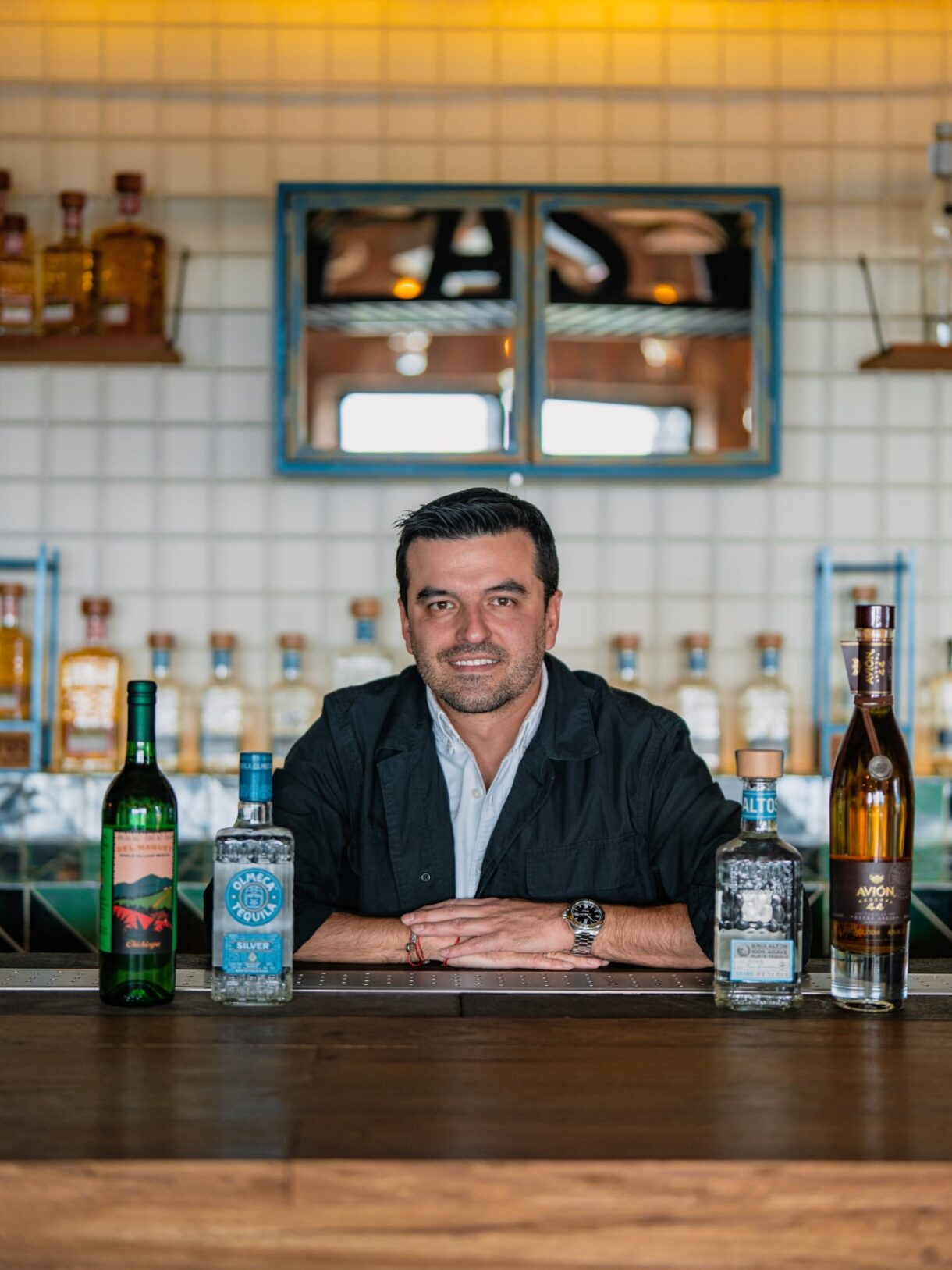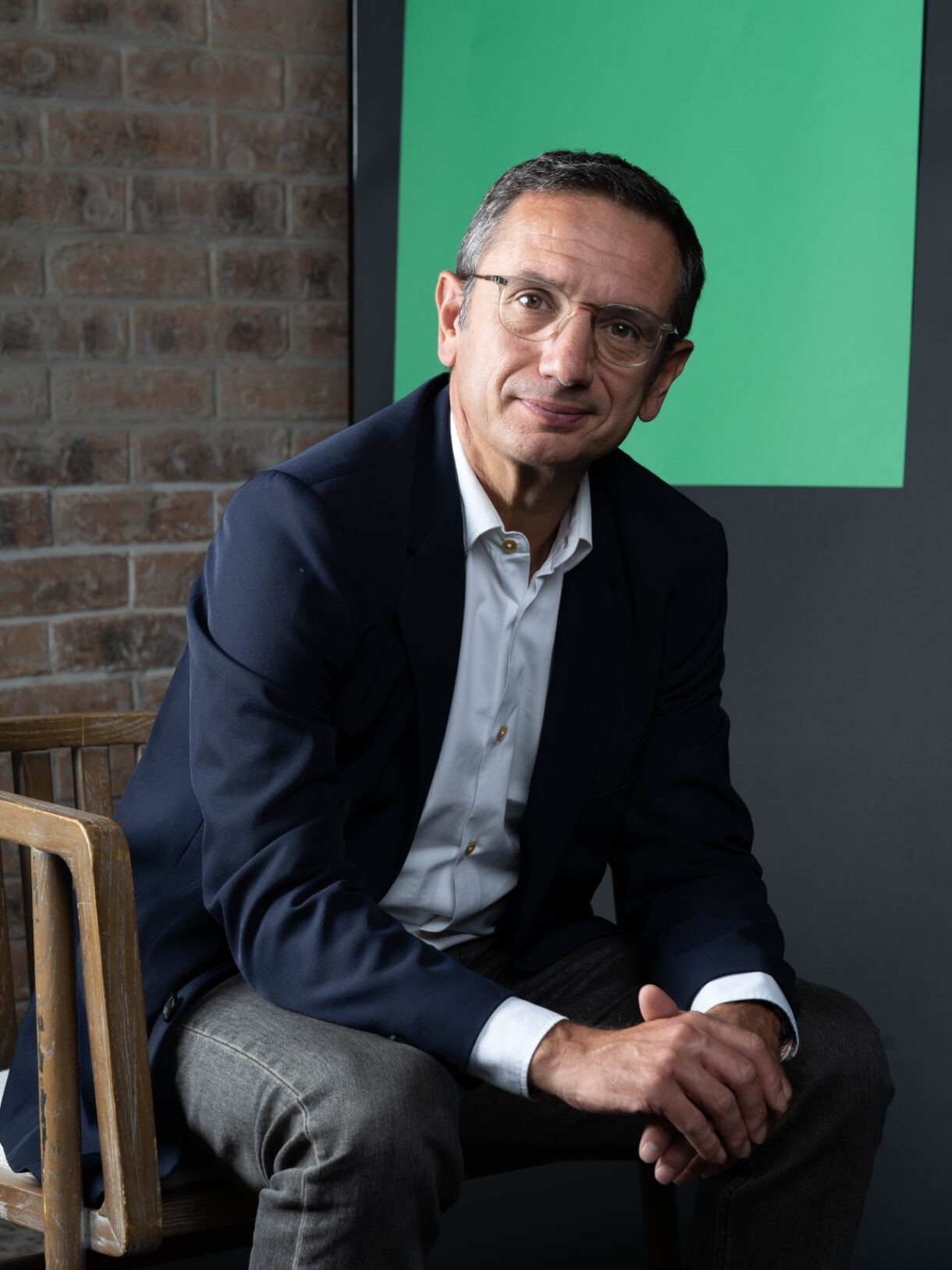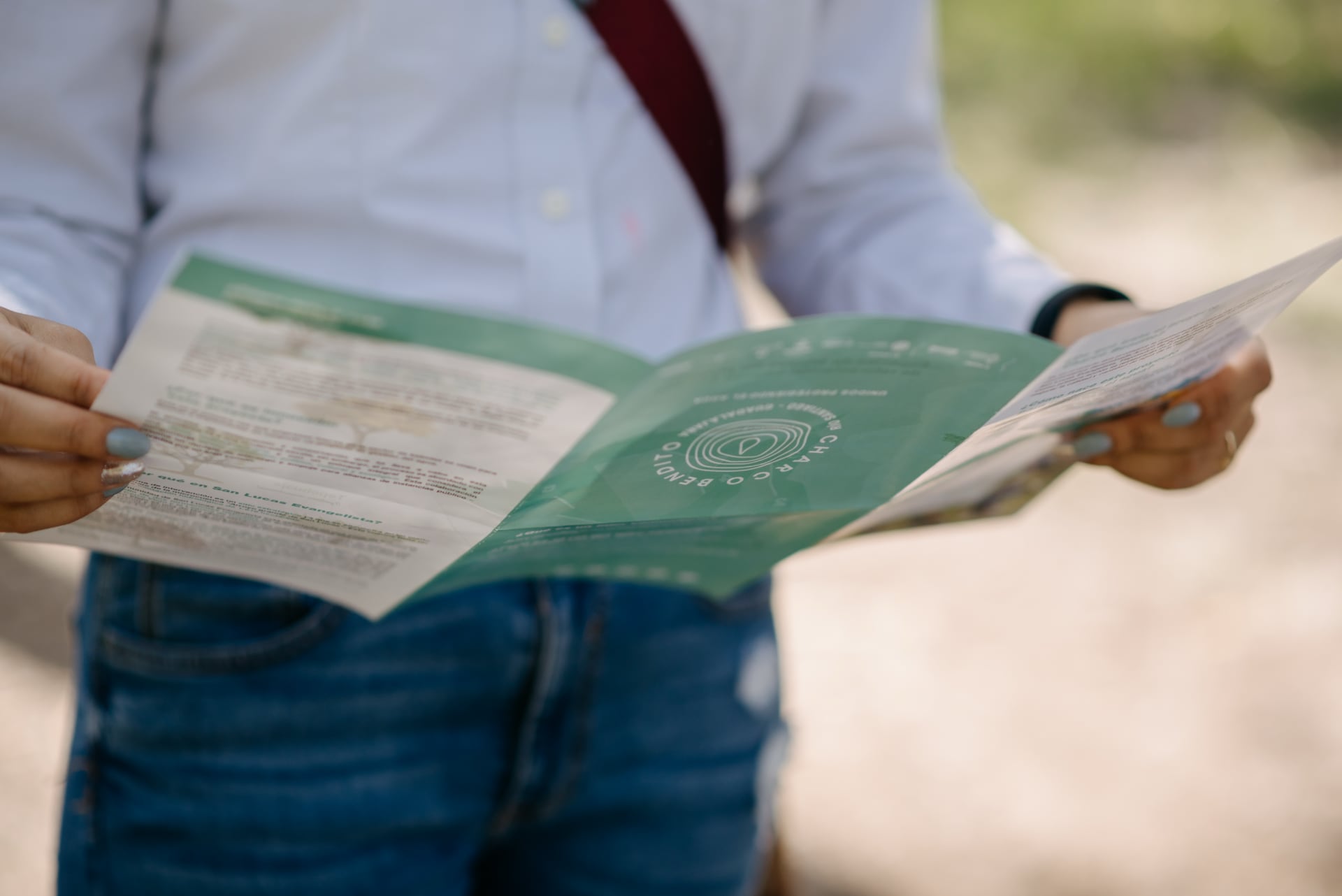
Collective action to clean Jalisco’s rivers
Pernod Ricard Mexico and the House of Tequila are collaborating with several major global beverage companies on a first-of-its-kind water project to address water scarcity and pollution in the Jalisco region of Mexico.
There is an urgent need to develop solutions to tackle the unprecedented water challenges the world faces. The global water supply is falling by up to 50 per cent a year, yet demand is set to grow by 40 per cent by the end of the decade.1 2 It is estimated that around half of the world’s population is experiencing water scarcity today for at least part of the year3.
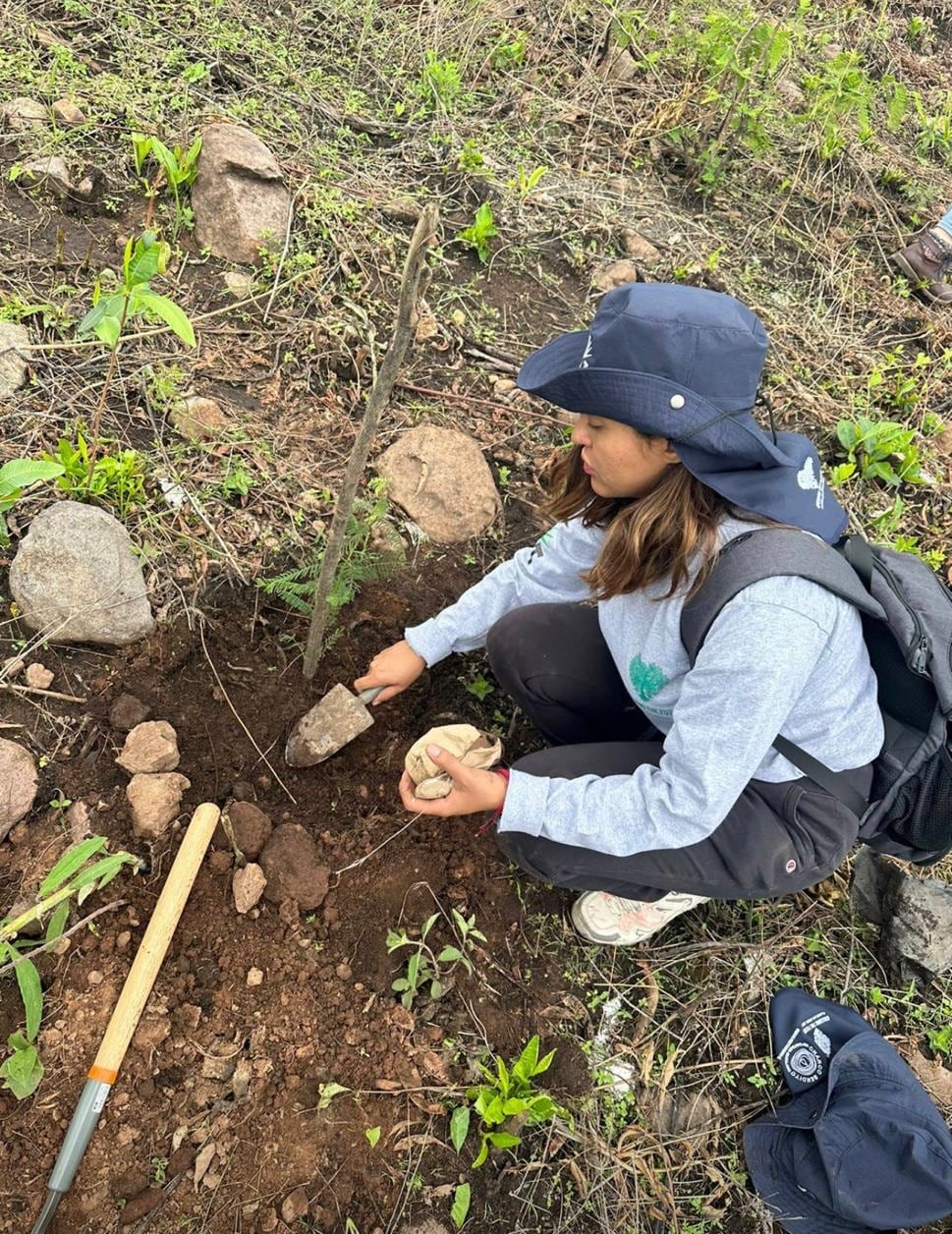
The Santiago Guadalajara River Basin, which supplies water to the Jalisco region of Mexico (home to the drinks of the House of Tequila mezcal and tequila brands) is symptomatic of the water challenges we face globally. This natural water basin in Jalisco is a major water source for eight of Mexico’s most populated cities – yet there are significant water challenges, including pollution and water scarcity, caused by deforestation and overdevelopment. Put simply, without concerted action such high-water stress will have devastating consequences for the region’s environment and hinder (and even reverse) socioeconomic development.
Action is being taken. Over the past four years, Pernod Ricard Mexico and the House of Tequila have been part of a Beverage Industry Environmental Roundtable (BIER) coalition that initiated a watershed project in 2020 to improve water accessibility, quality and availability.
It is a very rewarding project. It’s amazing to see animals that we haven’t seen for a long time such as foxes returning and flowers springing again where there was previously rubbish.
The project, called Charco Bendito, which translates to ‘Blessed Pool’, aims to increase water infiltration and provide access to clean water for over 1,000 people by 2028. The project’s restoration efforts encompass a range of vital activities, including reforestation, soil conservation, biodiversity preservation, infrastructure enhancements, socio-environmental participation and water harvesting.
“There’s a saying in Spanish, ‘Mi granito de arena’, or ‘my little grain of sand’,” says Belen Carballo, Quality Safety Environment Manager, Pernod Ricard Mexico. “A grain of sand, while insignificant on its own, combined in large amounts can make a difference. ‘Mi granito de arena’ expresses the notion that everyone can make a difference by doing their part, no matter how small, towards a common goal.”
The river is vital for many communities but with so many industries around the area, the availability of water has reduced, says Belen. “Recovering the groundwater is a key objective of the project but there is also a great deal of pollution caused by garbage being dumped in the river,” she adds.
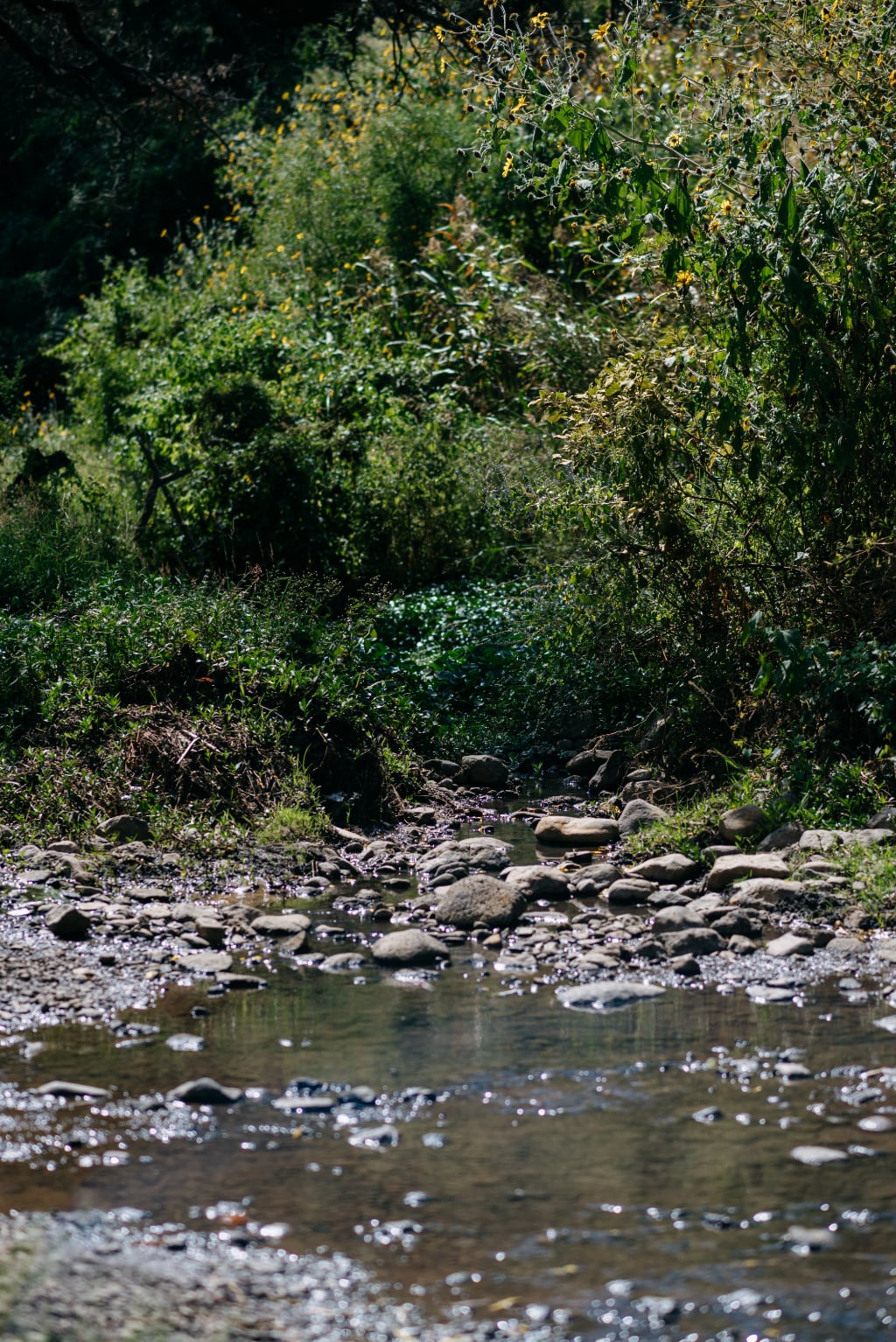
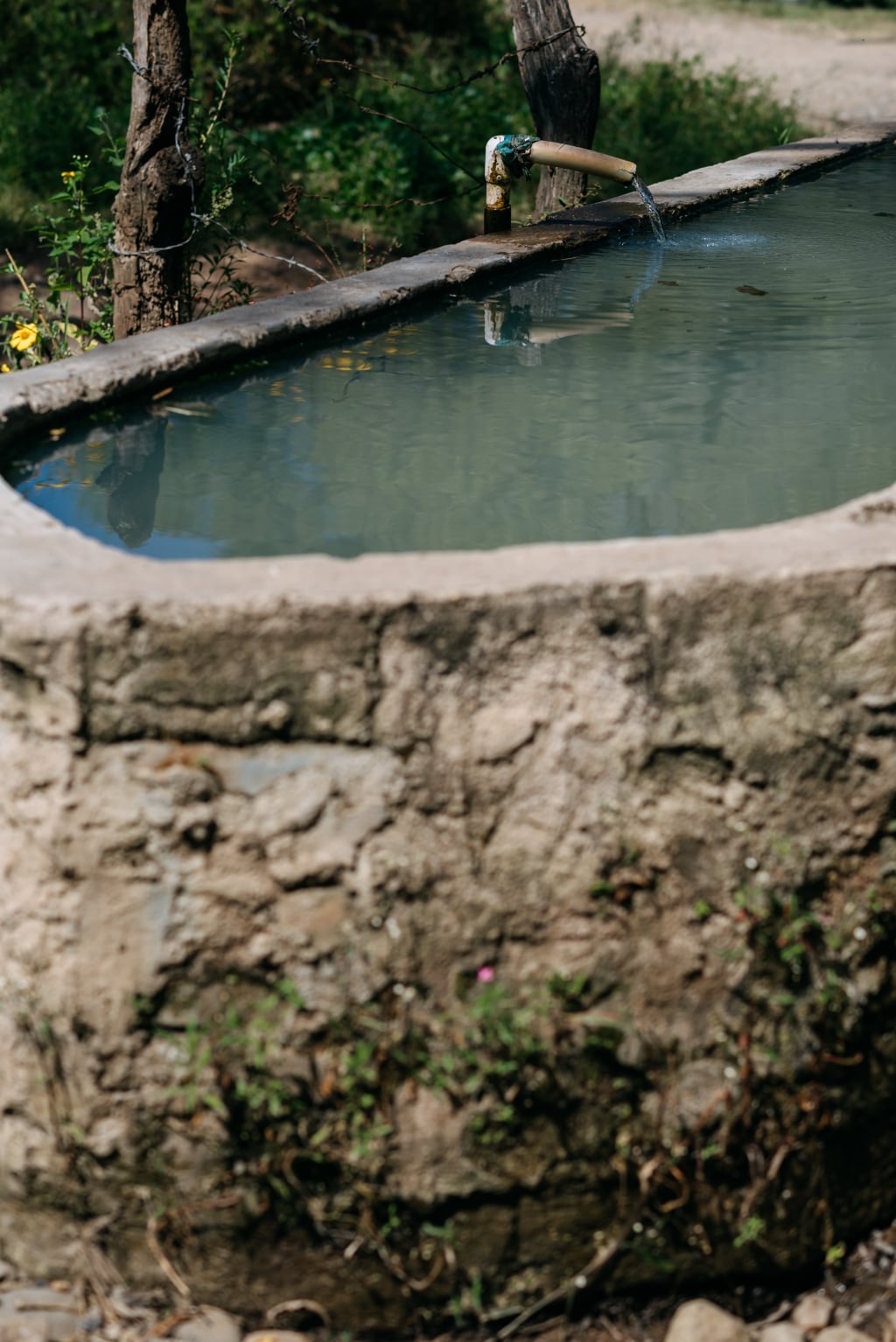
Employees play their part
Besides the financial support that goes towards the costs funding the people working on the river’s restoration full time, employees from the House of Tequila get involved on the ground too, regularly helping to plant trees and clean the river. “Last year we planted more than 1,200 trees. Many of our employees see the impact first hand because they grew up in the region or have families there, so it is an issue that is close to their hearts,” says Belen.
The project is making good progress. To date, 134 hectares of land to improve the quality and quantity of water in the region have been restored. Key activities have included planting native vegetation to increase groundwater levels and reduce soil loss, improving water infrastructure and increasing awareness about the importance of water to healthy communities.
“We are on track to reach the 2028 goal, but we must keep working together. We are taking baby steps with reforestation with some areas faring better than others, but we are 50 per cent of the way there,” says Belen. “It is a very exciting and rewarding project. We have cameras on site and it’s amazing to see animals that we haven’t seen for a long time such as foxes returning and flowers springing again where there was previously rubbish. It makes us all feel so grateful.”
BIER chose Mexico for this unique project based on the significant number of BIER members in the Jalisco region and its current and projected water risks. The scale of the task at hand meant that collective action with beverage companies, the local community and local partners working collaboratively, was vital.
“Our main objective was to demonstrate that a group of competitors can work together,” says Hugh Share, water stewardship collaborator with BIER. “We knew from talking with the global members that their local teams were supportive, and had the capacity for collective action, which was so important.”
BIER is now hoping that the success of the Charco Bendito initiative will provide a template so further collaborative projects can be replicated in other regions of the world such as India and South Africa.
1. World Economic Forum
2. World Economic Forum
3. UN
